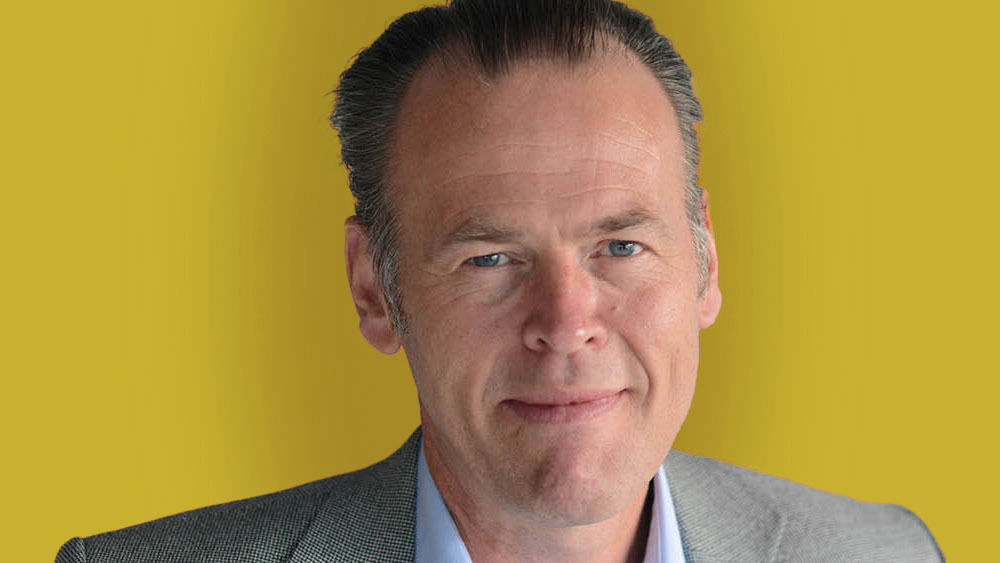Your cart is currently empty!

Tech takes center stage in Draghi’s Marshall Plan for Europe
Europe’s tech industry needs to flourish to stave off the “slow agony” of decline, the chief European technocrat says.
In his long-awaited report about European competitiveness, designated wise man Mario Draghi recommends that the EU ups semiconductor spending with “hundreds of billions of euros.” The largesse should focus on innovation and the establishment of testing labs, incentives for both chip design, manufacturing and (3D) packaging, and support for the use of the chips in innovative European products. Crucially, to prevent fragmentation and weak coordination, a significant part of the budget should be managed by the EU itself, rather than by individual member states.
Draghi’s proposals for the semiconductor industry echo his recipe to increase European competitiveness, which largely centers around boosting innovation and productivity. All in all, Europe should raise investment in innovation and industry by 800 billion euros annually, the former ECB president and Italian minister argues. At 4.7 percent of GDP, that’s over double the scale of the Marshall Plan, in relative terms.

